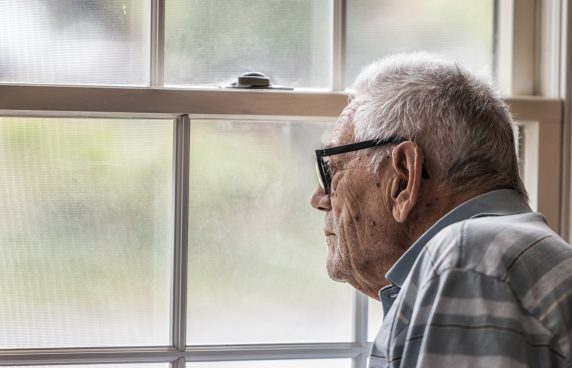Loneliness interventions could cut unnecessary GP visits

Joining a social group could cut the frequency of GP attendance for vulnerable patients, a study has found.
Socially isolated patients were more likely to attend their GP but the number of consultations fell in vulnerable patients who joined a community group.
The study was carried out by researchers from Australia and the UK and looked at separate groups of patients to investigate the link between social isolation and the rate of GP attendance.
In one group of just over 1,200 patients drawn from primary care, the researchers found a significant relationship between social connectedness and GP attendance, with patients who described themselves as having strong connections to family and their communities less likely to attend primary care.
In another group of almost 50 patients from disadvantaged backgrounds who joined social groups, around 41% experienced a reduction in primary care attendance over three months
The researchers suggested that social interventions could be an important avenue for future research in to reducing levels of inappropriate primary care attendance.
They said in the paper: ‘Frequent attendance is, probably motivated by social needs, as well as by health, needs. While the pain and distress of feeling alienated may not be a medical issue, it is nevertheless a significant problem that compromises quality of life, and one that might be addressed through social intervention.
‘This is an important finding for primary care physicians in particular, as they are often one of the few available points of social connection among isolated people. To the extent that group-based social connection can be supported through other means, this may have benefits not just for a person’s health, but also for the effective and cost-effective functioning of the healthcare system.’
They concluded that ’unmet social needs among frequent attenders warrant closer consideration’, adding that ‘interventions that target social group connectedness show promise for reducing overutilisation of primary care services’.
Ann. Behav. Med. 2018; available online 3rd February 2018
Pulse October survey
Take our July 2025 survey to potentially win £1.000 worth of tokens











